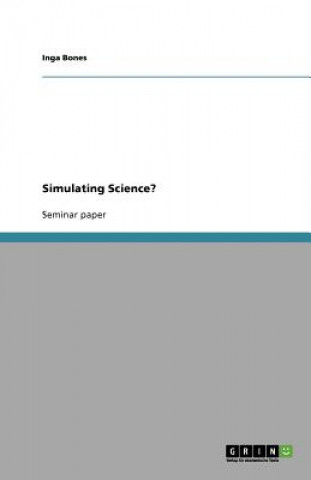
Kód: 05279911
Simulating Science?
Autor Inga Bones
In the early 1980s, Robert Axelrod published several articles on The Evolution of Cooperation, discussing and interpreting the results of his well-known computer tournaments and of a series of subsequent simulations. Both the tour ... celý popis
- Jazyk:
 Angličtina
Angličtina - Väzba: Brožovaná
- Počet strán: 28
Nakladateľ: Grin Verlag, 2010
- Viac informácií o knihe

17.68 €
Bežne: 19.64 €
Ušetríte 1.96 €

Skladom u dodávateľa
Odosielame za 8 - 10 dní
Mohlo by sa vám tiež páčiť
-

Rico & Oskar (Kindercomic): Die Regenhütte
0 € -100 %
Darujte túto knihu ešte dnes
- Objednajte knihu a vyberte Zaslať ako darček.
- Obratom obdržíte darovací poukaz na knihu, ktorý môžete ihneď odovzdať obdarovanému.
- Knihu zašleme na adresu obdarovaného, o nič sa nestaráte.
Viac informácií o knihe Simulating Science?
Nákupom získate 44 bodov
 Anotácia knihy
Anotácia knihy
In the early 1980s, Robert Axelrod published several articles on The Evolution of Cooperation, discussing and interpreting the results of his well-known computer tournaments and of a series of subsequent simulations. Both the tournaments and simulations were conducted in order to find a suitable, evolutionary stable strategy for the iterated prisoner's dilemma, which is generally considered an appropriate model of a§certain type of social dilemma that arises when "the pursuit of self-interest by each leads to a poor outcome for all." §The results of the tournaments and simulations led to a generalized theory of the evolution of cooperation, which claims to provide an explanation for various historical, social and biological phenomena. Axelrod`s work contributed extensively to popularizing computer simulation as a scientific method in the social sciences. Besides the fact that his approach had an unquestionably high impact on succeeding research and ushered in the "simulation era" in the social sciences, the use Axelrod made of computer simulations raises questions about their methodological and epistemological§status: If, as Axelrod states in his paper "Advancing the Art of§Simulation in the Social Sciences", simulation can serve the purposes of prediction, proof and even scientific discovery, what need is there for conducting experiments any longer? Can't we simulate science?§Admittedly, this suggestion sounds somewhat exaggerated, but why exactly do most of us share the intuition that there are fundamental differences persisting between simulations and experiments? What are the characteristic features distinguishing them? Do computer simulations in general - and§Axelrod's tournaments in particular - resemble experiments insofar as their§potential to provide us with surprising results that permit further theorizing§is concerned? Or are they nothing else than mere "number-crunching techniques", using brute-force computational means in§order to generate data from theoretical knowledge and assumptions already built into the underlying model?§The question where to draw the conceptual line between simulation and§experiment has turned out to be of great interest to philosophy of science,not least since the categorization might be relevant to the way the results§are assessed and used. The objective of this paper is to elaborate on the§distinctive characteristics of simulations in contrast to experiments.
 Parametre knihy
Parametre knihy
Zaradenie knihy Knihy po anglicky Humanities Philosophy
17.68 €
- Celý názov: Simulating Science?
- Autor: Inga Bones
- Jazyk:
 Angličtina
Angličtina - Väzba: Brožovaná
- Počet strán: 28
- EAN: 9783640602230
- ISBN: 3640602234
- ID: 05279911
- Nakladateľ: Grin Verlag
- Hmotnosť: 45 g
- Rozmery: 216 × 140 × 2 mm
- Dátum vydania: 08. May 2010
Obľúbené z iného súdka
-

Teachings of Don Juan
9.60 € -23 % -

Between Kant and Hegel
43.87 € -
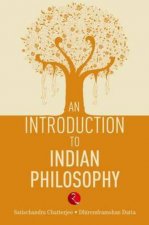
Introducation to Indian Philosophy
26.28 € -
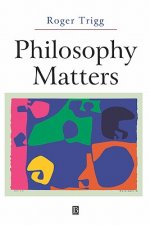
Philosophy Matters: An Introduction to Philosophy
52.97 € -

Reason and Commitment
46.53 € -

Swedenborg
21.78 € -5 % -

The Conspiracy Against the Human Race
16.05 € -15 % -
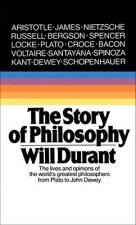
The Story of Philosophy
11.24 € -4 % -

Meditations of Marcus Aurelius
13.08 € -10 % -

Letters from a Stoic - The Ancient Classic
11.65 € -32 % -

Philosophy of Freedom
32.41 € -24 % -
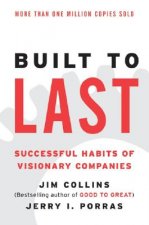
Built to Last
19.83 € -

From Bacteria to Bach and Back
18.81 € -19 % -

Men Among the Ruins
19.83 € -24 % -
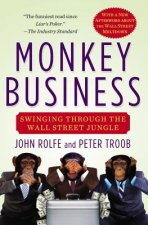
Monkey Business
18.09 € -11 % -

Calendar of Wisdom
21.37 € -27 % -
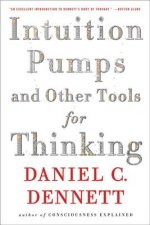
Intuition Pumps and Other Tools for Thinking
9.40 € -24 % -
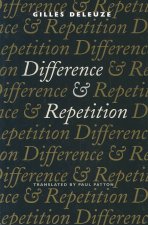
Difference and Repetition
17.99 € -36 % -

Musonius Rufus
15.03 € -2 % -

Omnibus Homo Sacer
101.46 € -4 % -

Philosopher's Toolkit - A Compendium of Philosophical Concepts and Methods, 3rd Edition
32.82 € -
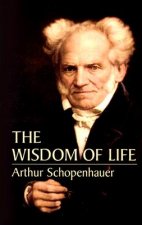
Wisdom of Life
7.56 € -19 % -

Sacred Dance Meditations
23.11 € -15 % -

Integral Vision
10.42 € -28 % -
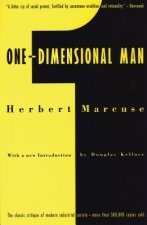
One-Dimensional Man
21.78 € -17 % -

Mind's I
28.42 € -
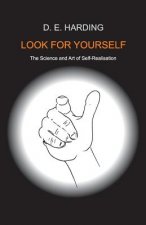
Look For Yourself
24.03 € -

Manifesto of the Communist Party
11.75 € -

Confucius Analects (論語)
21.26 € -19 % -
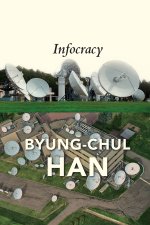
Infocracy: Digitization and the Crisis of Democrac y
16.15 € -11 % -

Trial and Death of Socrates
33.33 € -

Philosophy: A Complete Introduction: Teach Yourself
13.29 € -18 % -

Matter and Memory
11.65 € -18 % -
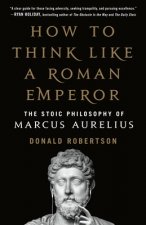
How to Think Like a Roman Emperor
16.66 € -13 % -

Thus Spoke Zarathustra - The Philosophy Classic
12.06 € -30 % -

Aristotles Revenge
31.90 € -

I am That
39.16 € -5 % -
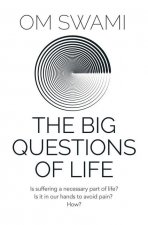
Big Questions of Life
12.37 € -7 % -

In Search of Being
23.31 € -20 % -
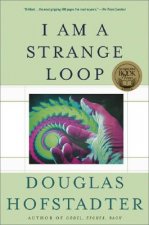
I Am a Strange Loop
18.71 € -20 % -

How the World Thinks
11.34 € -24 % -

Nature
7.76 € -29 % -
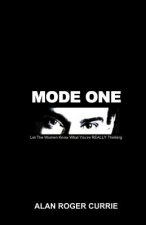
Mode One
24.95 € -1 % -

Escape from Evil
19.22 € -

Philosophy 101
13.18 € -28 % -

Religion of Tomorrow
29.55 € -18 % -

Meditations of Marcus Aurelius
12.78 € -

Mortal Questions
17.17 € -19 % -

From Intellect to Intuition
14 € -4 %
Osobný odber Bratislava a 2642 dalších
Copyright ©2008-24 najlacnejsie-knihy.sk Všetky práva vyhradenéSúkromieCookies


 21 miliónov titulov
21 miliónov titulov Vrátenie do mesiaca
Vrátenie do mesiaca 02/210 210 99 (8-15.30h)
02/210 210 99 (8-15.30h)